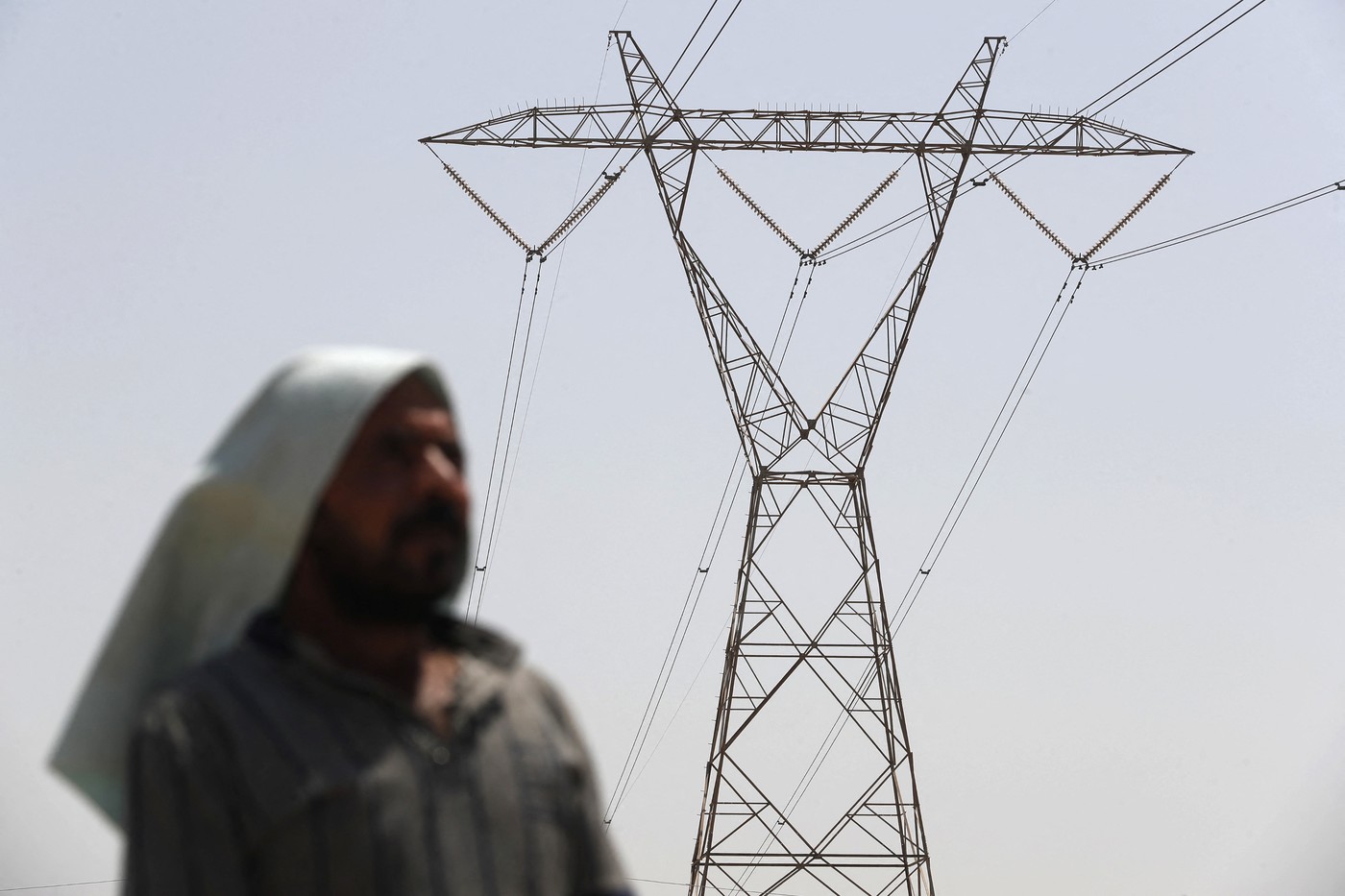
On Monday, Iraq’s power grid faced a „complete blackout” as a result of a „historic spike in temperatures” and heightened consumption, resulting in the closure of two transmission lines, as reported by the nation’s Ministry of Energy and according to AFP.
Although numerous residences continued to have electricity provided by generators, the failure occurred while temperatures soared to as high as 50 degrees Celsius in Baghdad and across 11 provinces in the central and southern regions of the nation.
The referenced ministry indicated that a notable surge in demand was mainly observed in the province of Karbala, which attracts millions of pilgrims heading to the sacred Shiite city for the significant Arba’in religious observance.
„Our teams are actively deployed on-site to gradually restore the network in the upcoming hours,” the Ministry of Energy declared in a statement.
The Iraqi ministry noted that due to escalating temperatures and demand, two transmission lines became inoperative, „resulting in a sudden and unexpected drop in the network of over 6,000 megawatts,” an event that caused a complete blackout and the closure of power facilities.
This heatwave is anticipated to persist for more than a week, as per meteorological agencies.
„Iraq is currently enduring more intense and frequent heatwaves compared to the 20th century,” stated Amer al-Jaberi, spokesperson for the meteorological agencies, to AFP, pointing out climate change and human activities as contributing factors.
He highlighted that emissions from gas and smoke generated by private generators „play a role in increasing temperatures.”
Al-Jaberi is in favor of creating „a green belt” around Baghdad to allow the city „to breathe a bit.”
The electricity situation is extremely delicate in Iraq, where increasingly severe power outages frequently incite protests and heighten public dissatisfaction with those in power.
In July 2023, a blaze at a transmission facility in southern Iraq triggered a widespread blackout.
While the majority of Iraqis resorted to private generators, this power source is not always adequate for running appliances, particularly air conditioning units.
To prevent blackouts, Iraq would need to generate around 55,000 MW during peak demand intervals. This month, for the first time, Iraqi power plants achieved a capacity of 28,000 MW.

